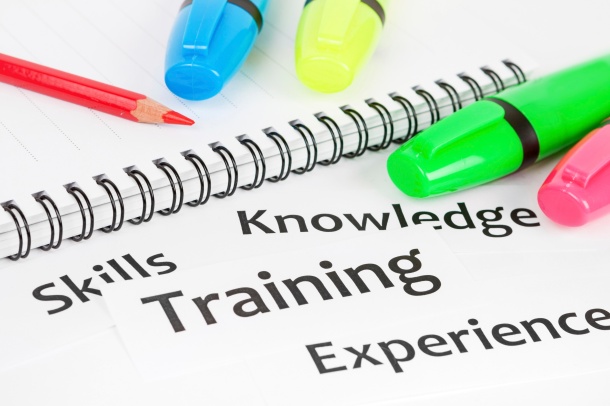There is a whole range of selling skills that every salesperson needs to be successful in the modern sales 3.0 era. Thanks to the digital influenced world we live in, how salespeople sell has changed. The role of a salesperson is constantly evolving and a more consultative selling skill set is now required in most sales roles.
However, regardless of any sales methodology, one fact remains true: Successful salespeople will always be looking at ways to enhance their selling skills to achieve higher levels of performance. Whether it is getting better at social networking (social selling), developing their personal brand, improving how to do sales prospecting or account management, the reality is salespeople need support from sales management plus access to continuous sales coaching.
Both at the company and individual salesperson level, everyone has to invest more time learning and understanding the art and science of selling in today’s fast paced buying environment.

Selling Skills Every Good Salesperson Needs
- To have empathy and take the time to really understand a prospect’s needs
- Ability to engage with a prospect at their level and on their terms
- Is seen to add value to the prospect or customer at every stage of the process
- An active listener along with skilled at asking questions to uncover challenges or objections
- Can create a vision for the value that their product will bring for the buyer’s business
Let’s deep a little deeper as these selling skills.
Confidence and a can-do attitude.
Average salespeople do what is required, great salespeople do whatever it takes. A career in sales can be a bumpy road, salespeople suffer all manner of rejections by prospective customers along the way, and they need to be resilient, confident plus maintain a positive can-do attitude from the get go.
A winning mindset in sales “is not a question of do you know it, but rather of one ‘Do you want to do it?”. Because “If you want to do it, you will acquire the necessary knowledge and skills.” In a sales career, a salespersons most valuable asset is not their value proposition, nor their sales scripts, nor their contact lists. Their most valuable asset is their mindset.
A confidence mindset allows salespeople to transfer belief in themselves and what they are selling to the customer.
An active listener and skilled at understanding the customers’ needs
Research has shown that successful selling is 54% listening and 46% talking. Whether prospecting or business development, active listening to really understand a customer’s needs (they may not even be aware of a need you have flagged as a result of listening to them) is a critical sales skill. Active listening isn’t passive as it involves asking clarifying questions. Salespeople need to understand it is more than just hearing what is being said. It means being constantly attentive to what the customer is saying and truly understand the sentiment or position of the other person.
We know that sales conversations are the key to successful selling in the complex, consultative, or solution type sale. So, effective sales conversations are the result of the salesperson taking responsibility for both their speaking and their audience’s listening.
Rapport building and selling their personality
Another critical sales skill to the ability to establish rapport and relatedness that opens trust with the buyer. So, selling their personality (and personal brand) is incredibly valuable. Being genuinely interested, authentic and engaging is the major plank in gaining buyers trust. Let’s take one step back, because great rapport building can be linked to the research a salesperson does prior to engaging a customer. Sharing insights and asking unique questions related directly to the customers business lets them know that the salesperson is not there just to run through the typical sales conversation.
Even in this digital world, people buy people. It’s about convincing the customer to listen in the first instance and then work towards gaining their trust that the salesperson is the best person to sell the product to them. A salesperson needs to sell their talents (product or market knowledge, problem solver etc) but, even more importantly, they have to sell their personality.
Business acumen and a drive for continuous self-improvement
Top salespeople possess a genuine interest in how business works. They have business acumen, an entrepreneurial drive and ability to self-evaluate their own performance. They can use this to engage customers and then create opportunities where they may not seem to exist. Successful salespeople also display a characteristic of business curiosity. They research and plan out the right questions to ask plus they seek out the right people to ask those questions to, along with finding the answers.
The forward thing sales professional will always see a sale through from execution to delivery as they value customers opinions and referral potential.

Sales habit loop for sales consistency.
Salespeople have to acquire the skill via sales training that sales negotiation is a process not an event. This means having a well-planned out sales habit loop that consistently addresses all parts of the sales process. They pay attention to the 3Ps of selling – Prepare, Probe, and Propose.
So, there you have some of the selling skills that every salesperson needs. These critical sales skills that can make a difference in how salespeople sell – listening, rapport building, empathy, storytelling, and thinking on their feet, are things that most people in sales can probably do, yet ask ourselves – How much opportunity do they get to practice them? Sales leaders need to create a time and place to allow salespeople practice the more human side of selling to be successful in the sales 3.0 world.
No comments:
Post a Comment